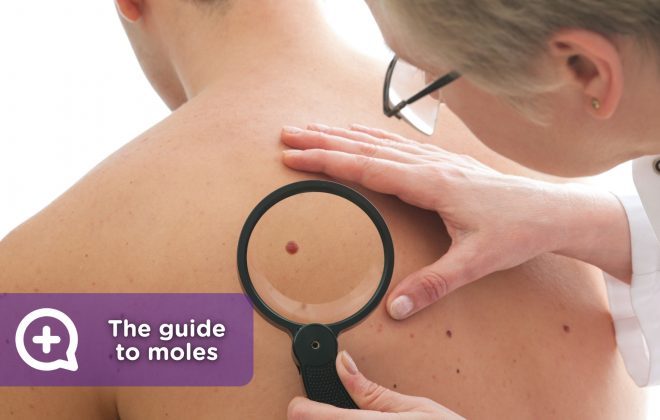It is normal that you have doubts about what to do, where and when, but what you really ask yourself is, what do I do when I no longer like it? Fortunately, today there are techniques for erasing ink, but they are very painful and expensive. Therefore, we must be very certain if we want to have something on our skin for the rest of our life. Below, we reveal some of the most frequent doubts.
Are tattoos harmful to your health?
The Spanish Academy of Dermatology and Venereology (AEDV), states that there is no scientific evidence that tattoos are harmful to your health. However, it is true that tattoos can interfere with the results of some diagnostic tests. The pigments in the skin can migrate and accumulate in the lymph nodes. Although, this does not affect our health, it can lead to serious errors in interpretation, giving false positives in some tests (PET / CT).
Can I be allergic to ink?
Yes. There are people who are allergic to some of the ingredients in ink. These substances vary depending on the color. It is most common to be allergic to red ink. People can have allergic reactions to both temporary and permanent ink.
There are different types of allergic reactions, and the signs will depend on each of them. The most common are: swelling, redness, rash, scaly appearance of purple or red nodules around the tattoo. If you notice any of these signs, go to the doctor immediately. In some cases, the tattoo should be removed.
If I get a tattoo on my back, can I get an epidural to give birth?
The truth is that for some time, some anesthetists showed some reluctance to apply the epidural to women with tattoos in the lower back. They were afraid that, when crossing the skin, the needle would drag pigments to a delicate area and there could be serious complications in the short or long term. However, to date there is no scientific evidence of danger or of any complications that have occurred. Faced with the risk of introducing ink remains into the central nervous system, the AEDV states that it is sufficient to make a very small incision at the point through which the needle inserted, to avoid contact with the ink.
However, we recommend that women with back tattoos talk to the anesthetist before delivery to find out what their position on it is and avoid any last minute surprises.
Can I donate blood?
Yes, although the Red Cross recommends waiting 4 months from the date you got your tattoo before donating blood, to rule out the possibility of having contracted Hepatitis, HIV or any other infection that is transmitted through the blood. That is, having a tattoo does not prohibit you from donating blood, as long as you follow the recommendations.
If I change my mind, can I remove the tattoo?
Yes, there are expensive, but definitive treatments, such as light and laser energy. However, the skin does not always have its natural appearance and texture after the elimination process, due to the skin damage produced by these treatments in eliminating the tattoo. The AEDV recommends that the treatments are always done under medical supervision, directly under a dermatologist. This will avoid any complications during the elimination.
You should also know that tattooing techniques use needles that penetrate the skin between 80 and 150 times per second. Doctors recommend not to use red ink, since it is the one that is more likely to produce an allergic reaction in your skin. Make sure that it is a professional, approved place that complies with hygiene rules. Above all, make sure the materials are sterilized and that the needles are disposable.
If you dared to get one this summer, take care of it with neutral lotions and hypoallergenics to keep your skin hydrated. Do not apply vaseline, it is not the best option since you can create an allergic reaction. If you notice changes in your skin after getting the tattoo, or even months/years later, go to a dermatologist to have it checked.
We cannot forget that tattoo designs can be part of trends that come and go, but can also help people psychologically after a breast surgery or mastectomy, in which those affected resort to the reconstruction of the nipple and areola or even cover certain areas of the skin that have been affected by burns.
*Content validated by the mediQuo medical team.



